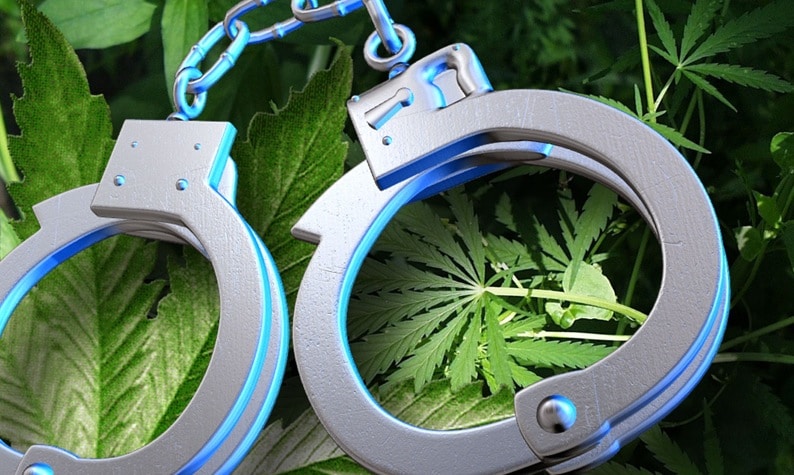According to research published recently in Addiction, cannabis use significantly increased the odds for nonmedical opioid use among adults with a history of substance abuse.
“Our results suggest that cannabis seldom serves as a substitute for non-medical opioids among opioid-using adults, even among those who report experiencing moderate or more severe pain,” Deborah Hasin, PhD, a professor of epidemiology at Columbia Mailman School and a professor in the department of psychiatry at Columbia University Irving Medical Center, said in a press release.
“In other words, our study suggests that cannabis is not an effective way to limit non-medical opioid use.”
Hasin and colleagues conducted a prospective cohort study of adults with problem substance use who used nonmedical opioids. Participants were recruited from May 2016 to June 2019, with a final sample of 211 participants observed over 13,271 days.
The participants completed interviewer- and self-administered surveys on a computer, then answered questions on an interactive voice response (IVR) system daily for 90 days. On the IVR system, participants responded to questions on their past-day substance use of cannabis, heroin and nonprescription opioids.
Among participants, the mean IVR completion rate was 70%, or 63 days.
According to the researchers, on average, those included in the study reported using opioids without cannabis on 14.6% of days (95% CI; 11.0–18.3) and using cannabis without opioids on 15% of days (95% CI; 11.3–18.7).
Participants used both cannabis and opioids on 7.1% of observed days (95% CI; 4.6–9.7), and neither on 63.2% of days (95% CI; 58.0–68.5).
Compared with days with opioid use and without cannabis use, the unadjusted odds ratio for opioid use on days with reported cannabis use was double (OR = 2.0; 95% CI, 1.54–2.59). After adjusting for demographic characteristics, recruitment methods and opioid type at baseline, they found the odds for opioid use on days with cannabis use were nearly double compared with days with opioid use without cannabis use (aOR = 1.86; 95% CI, 1.44–2.41).
The study found that the relationship between cannabis and opioid use did not appear to differ between participants with moderate or more severe pain compared with those with less than moderate pain. They said this finding suggests cannabis is not being used by these patients as a substation for nonmedical opioid use.
“While this study bears replication with other populations, the results suggest that cannabis is not an effective means of limiting nonmedical opioid use and casts doubt on this potential therapeutic indication,” the researchers wrote.


